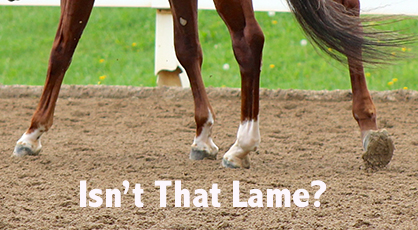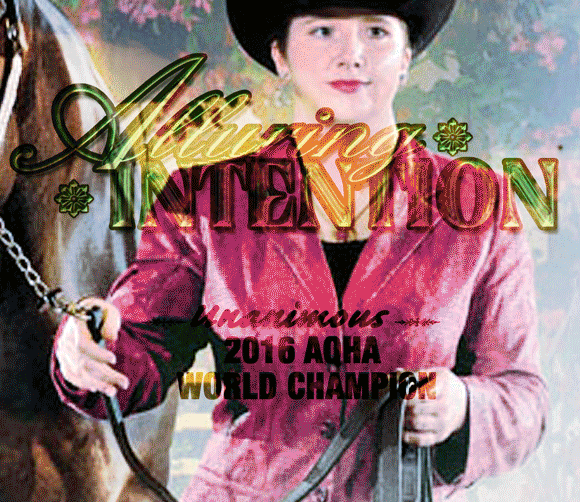New Video- Recognizing Subtle Lameness- Improve Your Eye for the Pain Your Horse Tries to Hide
 by: Equitopia Center
by: Equitopia Center
“Blaming the horse for the problem is a common scenario,” says world-renowned equine orthopaedics expert, Dr. Sue Dyson, Head of Clinical Orthopaedics at the Centre for Equine Studies at the Animal Health Trust in Newmarket, UK. “Pain is the last thing people think of as the underlying cause for why their horse does not want to do something. Unfortunately it’s not just owners who tend to think like this. It’s their trainer, their coach, and their friends. Everybody thinks it must have to do with the horse’s behavior or a training issue.”
And — to put it bluntly — such assumptions are wrong.
A new four-part video series, ‘Recognizing Subtle Lameness,’ produced by California-based education center Equitopia and Padma Video, and featuring some the most renowned experts in equine biomechanics in the world today, is prepared to debunk the myths and misperceptions surrounding performance and behavioral issues, and shift the blame where it belongs: on pain.
Joining Dyson in this series opener are an international league of acclaimed horsemen, including Equine Veterinary Behavioral Medicine lecturer Jeannine Berger, DVM, DACVG, ACAW, CAWA; Saddle Research Trust founder, Ann Bondi, PhD; Concordia Connection founder, Milly Shand; Karin Liebbrandt, DVM; and eventing coach, author and bridle designer William Micklem, who explain what pain looks like before a head bob begins.
Part I’s 25-minutes of “aha moments” include Dyson citing the result from a study among 506 sport horses that reveals 47% of the horses suffered from lameness or gait abnormality, and Shand challenging the coaching mantra, “work them through it,” by asking exactly what is it: “Is it pain? If it’s pain and we’re just working him until he either gets better or hurts more, then surely we need to become better educated to see ‘it’ before we make it worse.”
Part I of ‘Recognizing Subtle Signs of Lameness’ walks the viewer through the familiar indicators of lameness before revealing pain’s less obvious expressions, not only via movement but through less common resources, such as reading a horse’s facial expressions.
The result is an online education that creates better trainers, riders and owners, and happier, sounder horses. Equitopia is launching ‘Recognizing the Subtle Signs of Lameness’ with a free link on YouTube:
https://www.youtube.com/watch?v=0lPvyxzSER0
“If we wait until a lameness gets really ‘big,’ then we know a horse has already been compensating for a long time,” says Liebbrandt, “and rehabilitation will be very long and very expensive.”
In comparison to the high price of pain, the ‘Recognizing Subtle Signs of Lameness’ instructional series will be free online, in accord with the Equitopia mission to “Develop a set of guiding principles, rooted in research and evidence, that empower owners and trainers to meet their goals without compromising the health and welfare of their equine partners.”
For just $4.95 a month, you can also partner with Equitopia and enjoy the benefits of a monthly newsletter, more educational videos (plus behind-the-scenes-footage), instructional and entertaining iPhone footage about life at Equitopia and advice from its experts, discounts on live events and online courses, and receive a live consult/lesson with one of its internationally renowned team. To register, go to www.equitopiacenter.com











